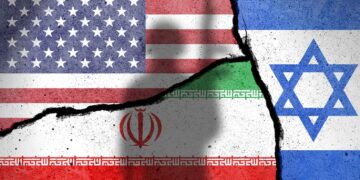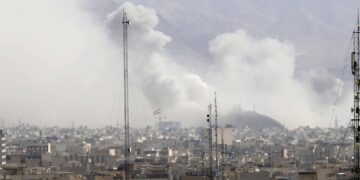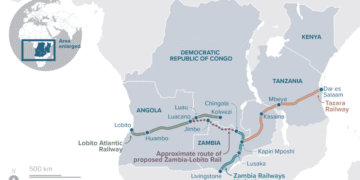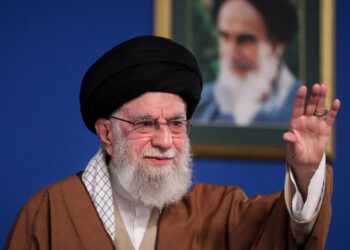The reported Israeli strike on Qatari soil represents a dangerous escalation in the already volatile Middle East. Qatar has long played a dual role in the region—maintaining ties with Western allies while hosting Hamas leaders and mediating between Palestinian factions. An Israeli attack there, therefore, has consequences that reach far beyond a single military strike.
First, such an act risks destabilizing the fragile diplomatic balances in the Gulf. Qatar’s Gulf neighbors, including Saudi Arabia and the United Arab Emirates, may not share Doha’s closeness with Hamas, but they are unlikely to accept a precedent where Israel launches attacks inside their region unchecked. This could push even the more cautious Gulf states to distance themselves from normalization efforts with Israel.
Second, the strike could fracture U.S. and Western alliances in the region. Qatar is a close American ally and hosts the largest U.S. military base in the Middle East. An Israeli action that endangers Qatari sovereignty indirectly undermines Washington’s regional standing. The U.S. may be forced into the awkward position of defending an ally from its own strategic partner.
Third, the move risks intensifying the Palestinian conflict rather than containing it. By striking in Qatar, Israel is signaling that no space is off-limits in its pursuit of Hamas and other Palestinian groups. But the cost of such a message may be the loss of potential mediators who are crucial to any future ceasefire or peace talks.
Finally, the strike could fuel broader instability. Iran, already aligned with Hamas and Hezbollah, may see this as an opportunity to rally Gulf anger against Israel and deepen its influence. In a region where proxy wars already abound, another front of hostility is the last thing the Middle East needs.
The consequences of the Israeli strike in Qatar will unfold in the weeks ahead, but the risks are clear. Israel may have gained a tactical advantage, but strategically it has opened a dangerous chapter—one that could alienate allies, harden adversaries, and set back the prospects for peace even further.

















































